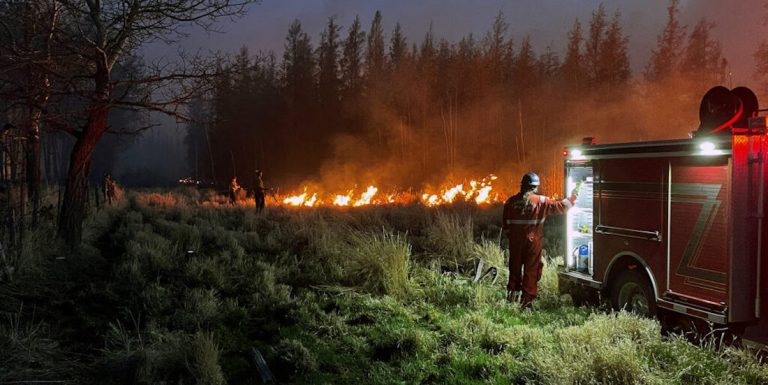
Critics question drought-driven restrictions as province prioritizes fire prevention over public access rights
New York, N.Y. – Nova Scotia’s unprecedented decision to ban public access to provincial forests during extreme drought conditions has ignited a heated debate about government authority, personal freedoms, and environmental protection.
The controversial measure, implemented as wildfire risks reach critical levels, has drawn sharp criticism from outdoor enthusiasts, civil liberties advocates, and rural communities who view the restrictions as excessive government overreach.
Emergency Measures Trigger Public Backlash
The Nova Scotia Department of Natural Resources issued the forest access ban following weeks of below-normal precipitation and dangerously low humidity levels. The restrictions prohibit entry to all provincial Crown lands, affecting approximately 13 million acres of public forest that typically serve thousands of residents and tourists for hiking, camping, hunting, and other recreational activities.
“This is government control gone too far,” said Marcus Thompson, president of the Nova Scotia Outdoors Association. “We understand the fire hazard, but completely shutting down our forests treats citizens like children who can’t be trusted to exercise common sense.”
The ban encompasses not only recreational activities but also affects Indigenous hunting and gathering rights, commercial forestry operations, and research activities. Even essential services like search and rescue operations face additional bureaucratic hurdles under the new restrictions.
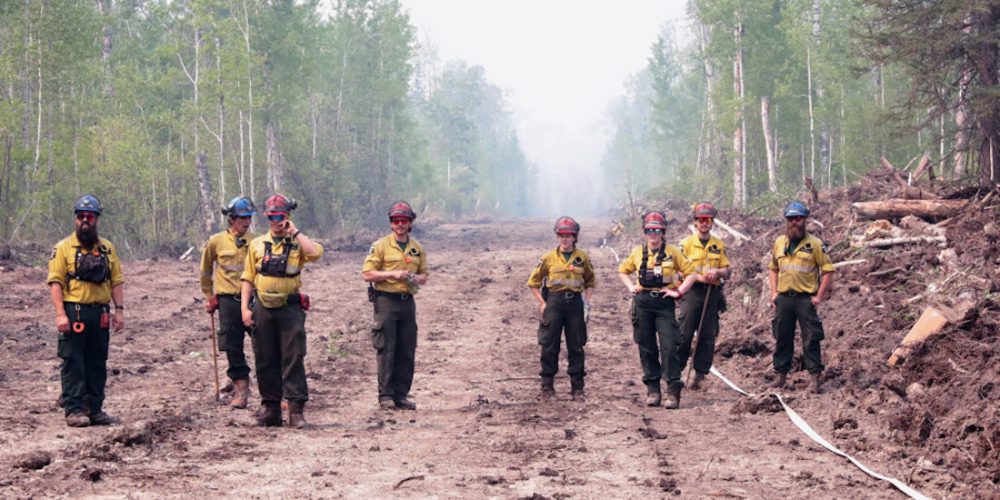
Officials Defend Precautionary Approach
Provincial officials maintain that the extreme measures are justified given the unprecedented drought conditions and the catastrophic potential of wildfires. Natural Resources Minister Patricia Williams emphasized that the decision follows extensive consultation with meteorologists, fire safety experts, and emergency management officials.
“The science is clear—our forests are tinderboxes right now,” Williams stated at a recent press conference. “One careless action, one unattended campfire, one hot exhaust pipe could trigger a disaster that destroys homes, wildlife habitats, and potentially costs lives.”
The province points to recent wildfire events in neighboring jurisdictions as evidence supporting their cautious approach. British Columbia’s devastating fire seasons and the 2016 Fort McMurray disaster in Alberta serve as stark reminders of how quickly forest fires can spiral beyond control.
Data from Environment and Climate Change Canada supports the province’s concerns, showing that current moisture levels in Nova Scotia forests are at their lowest point in over four decades. The Canadian Forest Fire Weather Index rates current conditions as “extreme” across most of the province.
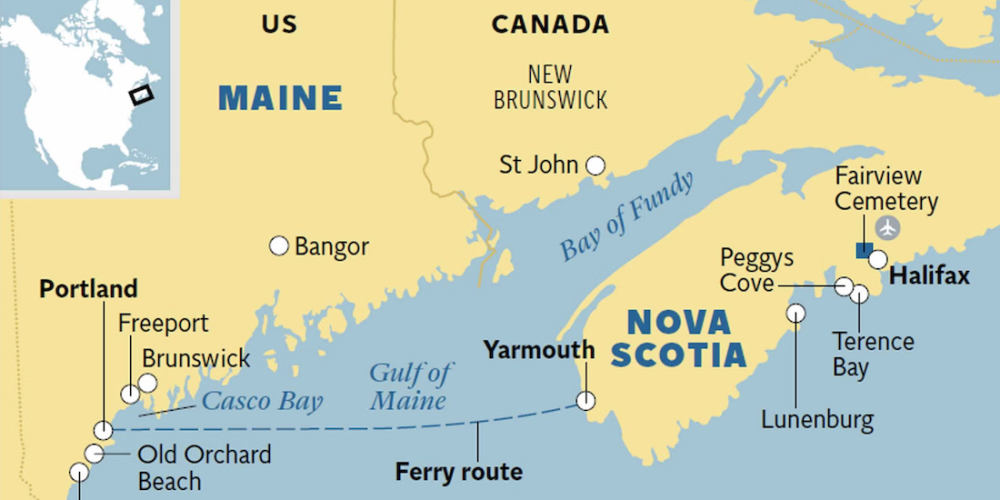
Economic Impact Raises Additional Concerns
The forest closure extends beyond recreational inconvenience, creating significant economic ripple effects throughout rural Nova Scotia. Tourism operators report substantial revenue losses as hiking guides, camping outfitters, and wilderness adventure companies face complete shutdown of their business operations.
“We’re looking at potentially tens of thousands of dollars in lost bookings,” explained Sarah Chen, owner of Atlantic Adventure Tours. “International visitors don’t understand why they can’t access forests they’ve traveled thousands of miles to experience.”
Local communities dependent on forest-based economies face additional hardships. Small-scale logging operations, maple syrup producers, and wild food harvesters find their livelihoods suspended indefinitely. The restrictions also impact scientific research projects, including biodiversity studies and climate change monitoring programs that require forest access.
The Nova Scotia Federation of Labour has raised concerns about employment impacts, particularly for seasonal workers whose jobs depend on forest access. Union representatives argue that the blanket ban fails to consider essential work activities that could continue with appropriate safety protocols.
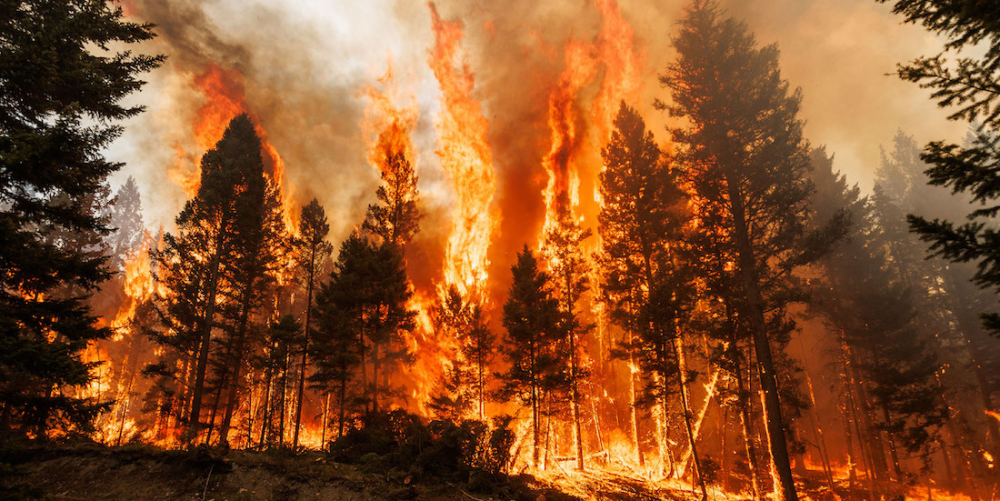
Constitutional Questions and Legal Challenges
Legal scholars question whether the provincial government possesses the constitutional authority to implement such sweeping restrictions on public lands. Charter of Rights and Freedoms advocates argue that the bans infringe upon fundamental freedoms of movement and peaceful assembly.
“There’s a difference between reasonable safety regulations and blanket prohibition of public land access,” noted constitutional lawyer Dr. Michael Roberts. “The government must demonstrate that less restrictive measures wouldn’t achieve the same safety objectives.”
Indigenous communities have raised additional concerns about the restrictions interfering with Treaty rights and traditional land uses. The Mi’kmaq Nation has indicated potential legal action if the bans continue to impede traditional hunting, fishing, and gathering activities guaranteed under historical agreements.
Several civil liberties organizations are exploring court challenges to the restrictions, arguing that the government failed to conduct adequate public consultation before implementing the measures. They contend that alternative approaches, such as enhanced fire safety education and targeted area closures, could achieve safety goals without completely eliminating public access.
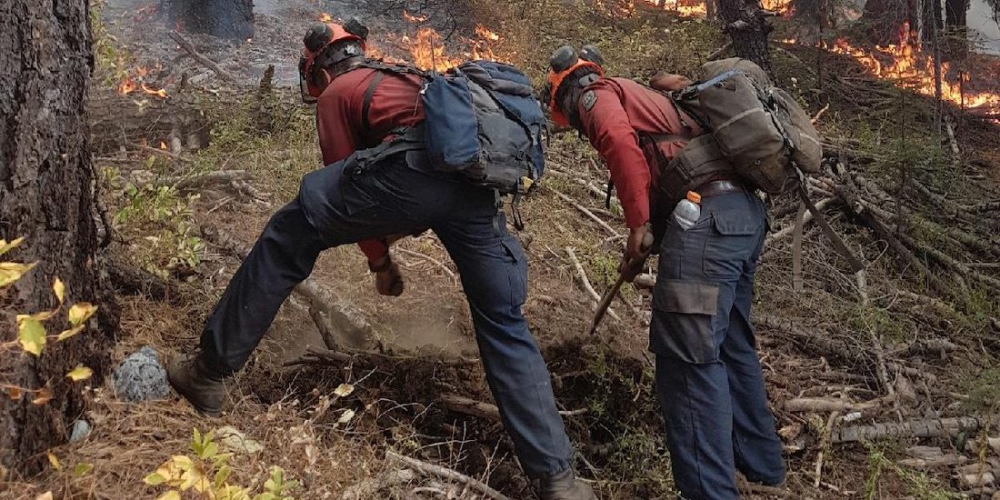
Balancing Safety and Freedom in Climate Era
The Nova Scotia controversy reflects broader tensions emerging across Canada as climate change creates more frequent and severe drought conditions. Other provinces are monitoring the situation closely, recognizing that similar extreme weather events may force comparable policy decisions in their jurisdictions.
Quebec and Ontario have implemented less restrictive measures, including enhanced fire safety patrols, temporary camping bans, and public education campaigns. These provinces argue that targeted interventions can achieve safety objectives while preserving public access rights.
Environmental groups remain divided on the issue. While some support the province’s
precautionary approach, others argue complete forest closure prevents citizens from developing
personal connections with natural environments that inspire long-term conservation support.
“We need people to experience and value our forests,” said Dr. Jennifer Walsh, a forestry researcher at Dalhousie University. “Complete exclusion may protect trees in the short term, but it doesn’t build the public support necessary for long-term forest stewardship.”
As drought conditions persist and wildfire risks remain elevated, Nova Scotia faces difficult decisions about when and how to lift the restrictions. The province has indicated that substantial precipitation and improved fire weather conditions will be necessary before access is restored.
The debate continues to evolve as stakeholders seek balanced solutions that protect both public safety and fundamental rights to access public lands. The outcome may establish important precedents for how Canadian governments respond to climate-driven emergencies while preserving democratic principles and civil liberties.
Summary
Nova Scotia has implemented sweeping forest access restrictions during severe drought conditions, sparking debate over government authority versus public safety. Critics argue the bans represent overreach, while officials defend them as necessary wildfire prevention measures. The controversy highlights tensions between environmental protection and personal freedoms across Canada.
#NovaScotia #GovernmentOverreach #WildfireSafety #PublicLands #DroughtRestrictions
#CanadianPolitics #EnvironmentalPolicy #CivilLiberties #ClimateChange #ForestBan
TAGS: nova scotia, forest ban, government overreach, wildfire prevention, drought restrictions, public lands, environmental policy,
civil liberties, climate change, canadian politics, outdoor recreation, indigenous rights, constitutional law, emergency measures
